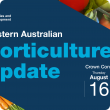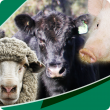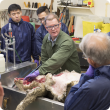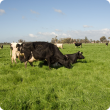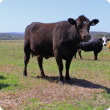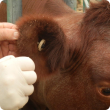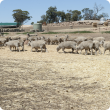Filter by regions:
- South West (128) Apply South West filter
- Mid West (127) Apply Mid West filter
- Peel (127) Apply Peel filter
- Great Southern (126) Apply Great Southern filter
- Wheatbelt (124) Apply Wheatbelt filter
- Gascoyne (121) Apply Gascoyne filter
- Goldfields-Esperance (121) Apply Goldfields-Esperance filter
- Kimberley (121) Apply Kimberley filter
- Pilbara (120) Apply Pilbara filter
- Perth regions (104) Apply Perth regions filter



